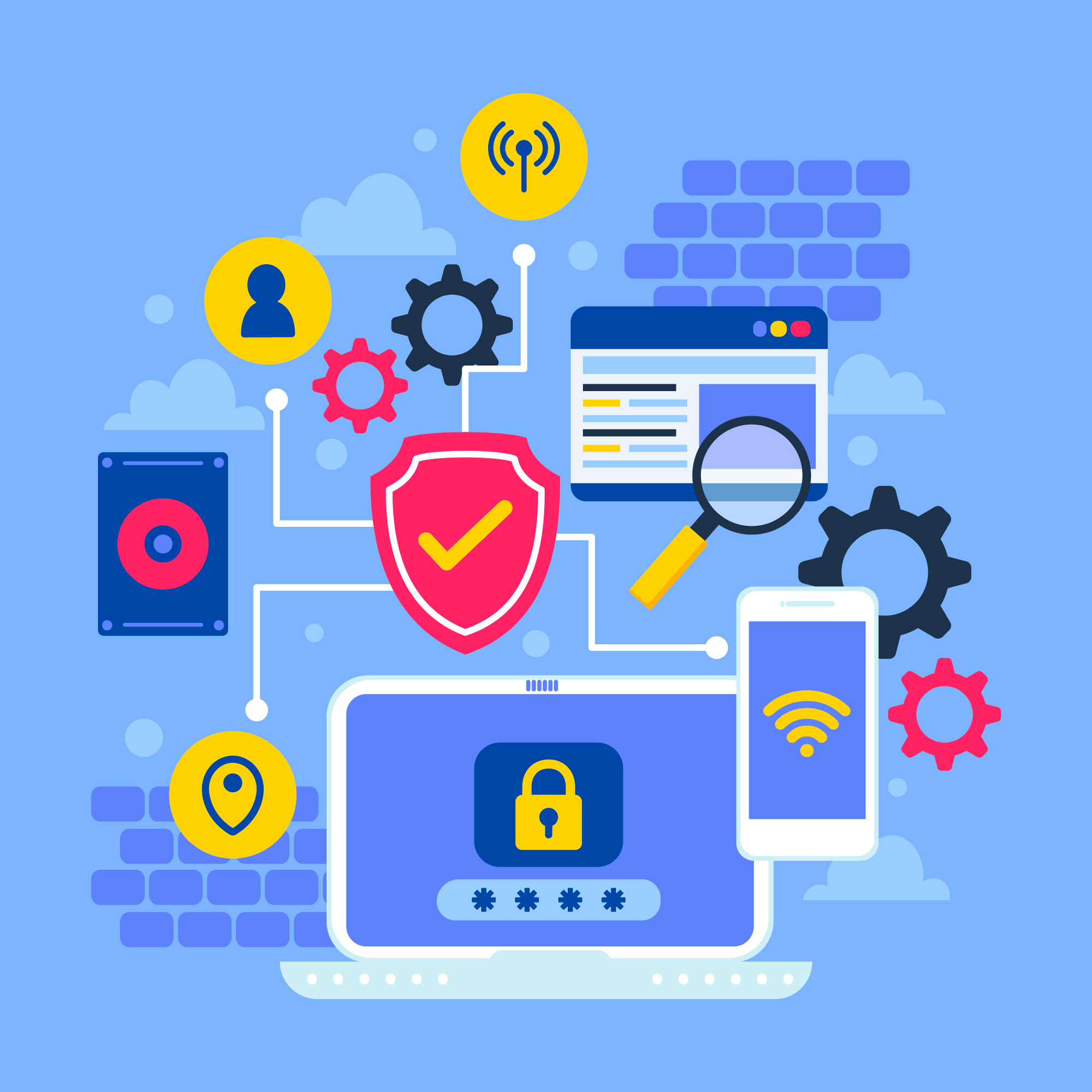In today’s healthcare landscape, patient feedback has become an essential component of quality improvement and patient satisfaction initiatives. Healthcare providers are increasingly turning to patient feedback systems, like the lazy monkey feedback system, to gather valuable insights into the patient experience. However, collecting and managing patient feedback data comes with significant responsibilities in terms of data privacy and security.
The Importance of Patient Satisfaction in Healthcare
Patient satisfaction is a crucial aspect of healthcare delivery. Happy patients are more likely to adhere to treatment plans, maintain long-term relationships with their healthcare providers, and recommend the facility to others. The Importance Of Patient Satisfaction In Healthcare cannot be overstated, as it directly impacts clinical outcomes, patient loyalty, and the overall reputation of the healthcare organization.
Protecting Patient Data Privacy
Patient feedback systems often collect sensitive personal information, including medical details, contact information, and demographic data. Healthcare providers have a legal and ethical obligation to protect this information from unauthorized access, misuse, or disclosure.
The Health Insurance Portability and Accountability Act (HIPAA) is a federal law that sets strict standards for protecting the privacy and security of patient health information. Healthcare organizations must implement robust safeguards to ensure compliance with HIPAA regulations and avoid costly penalties for violations.
Best Practices for Data Privacy and Security
1. Data Minimization: Collect only the minimum amount of personal information necessary for the intended purpose of the patient feedback system.
2. Access Controls: Implement strict access controls to ensure that only authorized personnel can access patient feedback data. Use role-based access controls and enforce strong password policies.
3. Data Encryption: Encrypt all patient feedback data, both in transit and at rest, using industry-standard encryption algorithms and protocols.
4. Secure Storage: Store patient feedback data in secure, encrypted databases or cloud storage solutions that comply with HIPAA regulations.
5. Regular Audits: Conduct regular audits and risk assessments to identify potential vulnerabilities in your patient feedback systems and data protection measures.
6. Employee Training: Provide comprehensive training to all employees who handle patient feedback data, covering data privacy best practices, incident response procedures, and regulatory compliance.
7. Incident Response Plan: Develop and maintain an incident response plan to address potential data breaches or security incidents promptly and effectively.
Anonymization and Pseudonymization
To further protect patient privacy, healthcare providers can consider anonymizing or pseudonymizing patient feedback data. Anonymization involves removing all personally identifiable information (PII) from the data, making it impossible to trace back to individual patients. Pseudonymization replaces PII with pseudonyms or coded identifiers, allowing data to be re-identified if necessary.
While these techniques can enhance data privacy, they may also limit the ability to analyze patient feedback data at an individual level or follow up with specific patients for additional information or clarification.
Obtaining Patient Consent
Healthcare providers should obtain explicit consent from patients before collecting and using their feedback data. This consent should clearly outline how the data will be collected, used, stored, and shared, as well as the measures taken to protect patient privacy.
Patients should have the option to withdraw their consent at any time, and their feedback data should be securely deleted upon request.
Conclusion
Implementing a secure and privacy-compliant patient feedback system is essential for healthcare providers to gain valuable insights while maintaining patient trust and regulatory compliance. By following best practices for data privacy and security, healthcare organizations can reap the benefits of patient feedback while minimizing the risk of data breaches and privacy violations.
What is the purpose of patient feedback systems in healthcare?
Patient feedback systems are used to collect valuable insights from patients about their experiences, satisfaction levels, and suggestions for improvement. This feedback helps healthcare providers identify areas for quality improvement and enhance the overall patient experience.
Why is data privacy and security important in patient feedback systems?
Patient feedback data often contains sensitive personal and medical information. Protecting this data from unauthorized access, misuse, or disclosure is crucial to maintain patient trust, comply with regulations like HIPAA, and avoid costly penalties for data breaches or privacy violations.
What are some best practices for ensuring data privacy and security in patient feedback systems?
Best practices include data minimization, access controls, data encryption, secure storage, regular audits, employee training, and having an incident response plan. Anonymization or pseudonymization can further enhance data privacy.
Do healthcare providers need to obtain patient consent for collecting feedback data?
Yes, healthcare providers should obtain explicit consent from patients before collecting and using their feedback data. Patients should be informed about how their data will be used, stored, and shared, and they should have the option to withdraw their consent at any time.
What are the potential consequences of failing to protect patient data privacy in feedback systems?
Failing to protect patient data privacy can result in costly fines and penalties for violating regulations like HIPAA. It can also damage the trust and reputation of the healthcare organization, leading to a loss of patients and potential legal liabilities.




